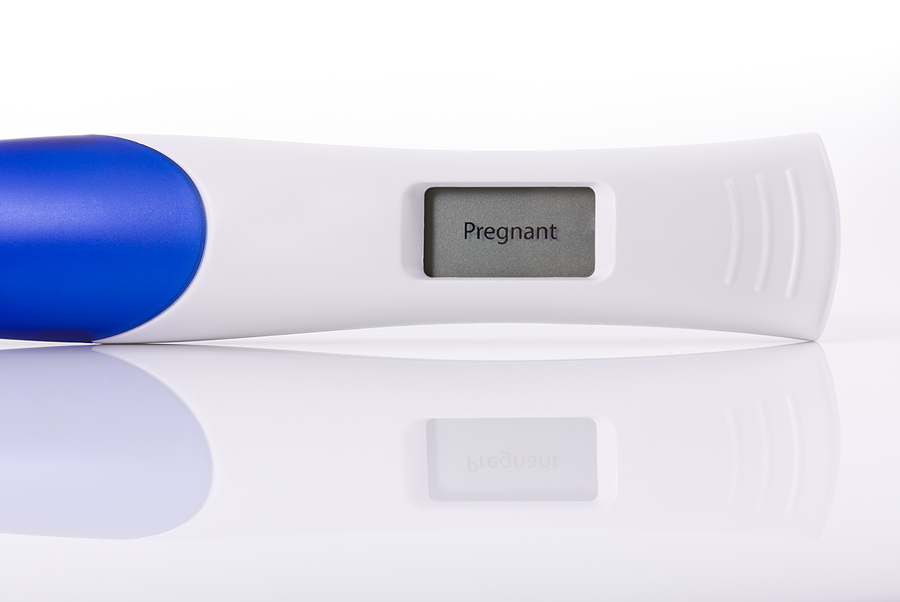Do's and Dont's of Pregnancy
-
Do not eat blue-veined cheese, pate and raw eggs.
-
Cut down on your caffeine intake.
-
Try to avoid eating shell fish, tuna, marlin and shark.
-
Alcohol can damage your unborn baby’s brain so if you can’t give it up completely then limit your alcohol intake to one or two units per week.
-
Your sex drive could go one of two ways – either through the roof or you may not fancy it at all. Listen to your body, try positions which are comfortable for you and if you feel any discomfort or you experience bleeding then stop.
-
Bleeding gums are very common during pregnancy so don’t forget to take a trip to you dentist.
-
If you own a dog avoid picking up their poo. If you own a cat give the job of cleaning out their litter tray to someone else.
-
Take paracetamol instead of ibuprofen, codeine and aspirin if you experience any aches and pains. Always read the label.
Flying while pregnant
The safest time to fly is the second trimester between 18 – 24 weeks. If you have high blood pressure or a weak cervix you should avoid flying during your pregnancy. Most airlines will allow you to fly up to 34 weeks of pregnancy but check with your airline before you book.
If you do decide to take a trip abroad then make sure you stay hydrated on the flight drinking lots of water and don’t stay sitting for too long.
Exercise & Pregnancy
If you enjoy exercising then there is no need to stop when you find out you are pregnant however you may need to modify the way you exercise or the level of your exercise intensity. Here are some of our tips for exercise during pregnancy:
-
Staying shape will help you get your body back to normal after the birth.
-
Don’t worry about your weight – you will obviously gain weight during pregnancy so stay away from those scales and concentrate on enjoying your exercise and enjoying your new pregnancy body.
-
Avoid lifting exercise as this can put strain on your uterus.
-
Be aware of the intensity at which you are exercising and try to keep you pulse under 140 beats per minute. If you are super fit or not fit at all then this pulse may change for your individual level of fitness.
-
Stay hydrated– it is important during exercise to stay hydrated and especially important when you are exercising during pregnancy so keep a bottle of water to hand before, during and after exercise.
-
Stretch carefully even if you feel supple as your ligaments will be looser during pregnancy. Don’t over do it!

Pregnancy Risks
A premature baby is one who is classed as being born before 37 weeks. Around 7% of babies are born prematurely and fortunately with some great neonatal care on offer 9 out of 10 of these premature babies will develop normally.
A poor diet and smoking can lead to premature birth and it is highly likely that if you are carrying multiples then you may well go into premature labour. However for around one third of all births there is no apparent reason why the mother goes into premature labour.
If you go into labour before 35 weeks your doctor is likely to stop your contractions by giving your drugs to delay the birth. If your baby is born before 37 weeks he or she is likely to be placed in an incubator on a special care unit to help with breathing. You will have plenty of opportunity to bond with your baby during these times even if your baby is in an incubator.
Preeclampsia
Preeclampsia is a common condition that can affect women in the second half of their pregnancy. The symptoms include high blood pressure, swollen limbs and a high concentration of protein in the urine.
Preeclampsia can be a very dangerous condition as it can reduce the amount of blood passing through the placenta which can result in your baby having a low birth weight and other problems.
Related Articles:
Your Baby